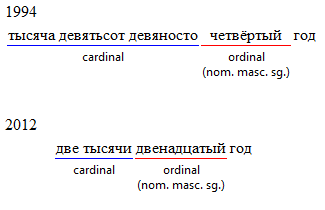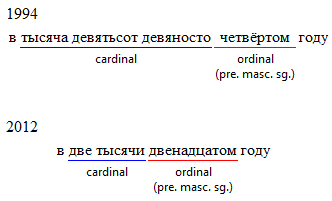Category: "Luludya"
Год (часть первая)
I awoke this morning with the newly-risen sun shining mercilessly in my eyes, my back propped against a mesquite tree. The cacti on either side of me and a couple of jack rabbits munching on scrub grass indicated that I had slept the night in the desert. Hmph. No tent. No sleeping bag. Apparently Luludya and her compatriots had abandoned me here last night. “I must refrain from carousing with Albanian Gypsies,” methought. “It leads to complications in the morning.” Slowly I worked an arm free and unknotted the twine binding my legs, coiling the rope neatly out of old Arizona habit. (One should never leave rope uncoiled.) I slowly stood, magnificently maintaining my balance and frantically searching my mind for some details of the preceding evening. “Lord,” I thought groggily to myself in Russian, “I can't even remember what year it is. What year is it, Lord?” And then to my profound embarrassment I realized that if my students were to find themselves in a similar situation, they might not know how to pose that very question in the language of Lermontov. Thus this posting was composed as I wended my shoeless way to the nearest paved road.
The Russian word for year is год. “What year” is «какой год», but the Russians usually throw a «сейчас» or an «у нас» in the middle to show they have the current year in mind.
Now, let's get to the year itself. When Americans see a year like 1994, we divide the number into two sets of two digits and read it aloud as “nineteen ninety-four.” The Russians never do that. Instead they literally say the one “thousand nine hundred ninety-fourth year,” which comes out:
Americans read a year like 2012 as “two thousand twelve” or “twenty twelve,” whereas the Russians say literally the “two thousands twelfth year,” which comes out:
Thus one could have conversations like this:
| “What year is it?” “It's two thousand twelve.” |
— Какой сейчас год? — Две тысячи двенадцатый год. |
| “What year is it?” “It's two thousand thirteen.” |
— Какой у нас год? — Две тысячи тринадцатый год. |
Notice that the year is expressed as an ordinal number, and that ordinal numbers are ordinal only in their last unit. In other words, in Russian and English one says “thirty-seventh”, not “thirtieth seventh.” That's not necessarily true in all languages, by the way. The Poles use the “thirtieth seventh” option in their language, putting the last two digits in the ordinal form. Here's the Russian version:

Now here's where it gets interesting. If you want to say the year in which something does/did/will happen, then the phrase must come after the preposition в in the prepositional case:

Do you see that году bit? You might be tempted to consider it a dative form, but it is actually a specialized prepositional case form (sometimes called the locative case). Thus the ordinal number, which is an adjective in terms of its endings, must agree with году, becoming masculine prepositional singular, resulting in dialogues like these:
| “When did you meet Luludya?” “She and I met in 1997.” |
— Когда ты познакомился с Лулудей? — Мы с ней познакомились в тысяча девятьсот девяносто седьмом году. |
| “When was your fifth son born?” “My fifth son was born in two thousand two.” |
— Когда родился твой пятый сын? — Мой пятый сын родился в две тысячи втором году. |
It's not all that complicated when someone explains it in a straight forward fashion, eh? Which is not to say that life never has complications. For instance, later today I must track down Luludya to retrieve my wallet and credit cards.